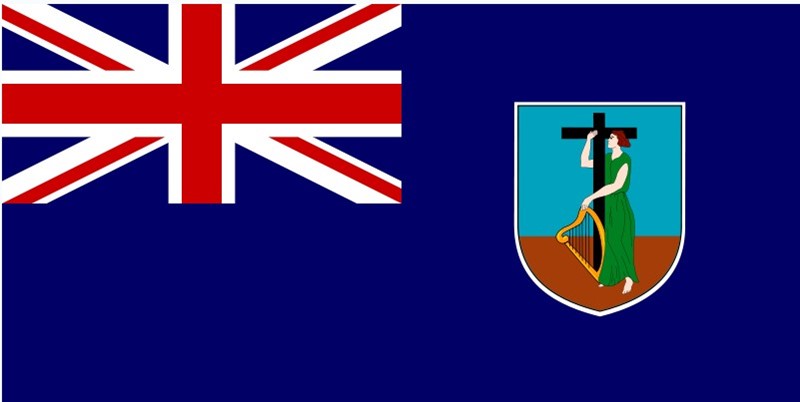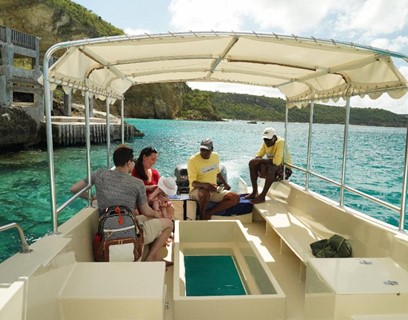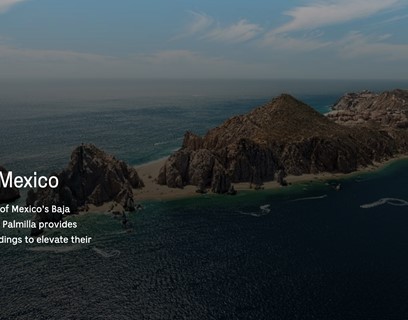
What is being fought for when we say we are fighting for the future of Montserrat?
Could it be that perhaps some of those engaged in this fight for Montserrat’s future are too much holding on to the past representations of what Montserrat was, and are seeking to re-create that past reality in the new North; the new Montserrat?
I’ll admit, the term “new Montserrat” once irritated me. This new Montserrat, to me, had seemed to be moving too far away from what the island once had been, and was seeking to embrace elements into the island’s core that were non-Montserratian.
But then, the question I asked myself was, does being upset about the non-Montserratian elements that were usurping local culture hold any progressive intent? Furthermore, of all the forms and expressions that once defined the island, what does it truly mean to be a Montserratian?
What does it mean to be a Montserratian?
There are several areas of concern I feel that Montserrat faces, as the island moves to embrace its “newness.”
Firstly, I am of the view that Montserrat, as a developing nation, must decide what it wants for the island’s future. I am not referencing here the often repeated high language of sustainable development plans, economic development plans, and all those concepts that the average person could not give two iota’s about. I am talking about a representation of any future society via culture and social enterprise.
In 20-30 years time, what is the shape we wish this new Montserrat to have?
Will the island be a stand-alone small island state still struggling for development and growth? Or will Montserrat seek to fully embrace its "Britishness?"
I ask that latter question, for I witnessed in a discussion the other day, a commentator stating forcefully, that Montserrat is British, so therefore the island and her people should have all the access and amenities for redevelopment that are afforded the British boroughs in the UK equally.
What does the United Kingdom owe Montserrat beyond its internationally obligated legal requirements, more so than the island’s people owe themselves as citizens and nationals alike, who wish to reclaim and rebuild the country?
If the island’s people largely say they are Montserratian by birth, by culture, and by heritage - then the island’s future is for such persons who make this claim to rebuild.
If however, Montserrat wishes to invoke its British rights and privileges, and be further integrated into the UK more wholesomely, then perhaps this should be the debate the politicians start engaging with the citizenry.
Montserrat must find a growth avenue from somewhere, and it has to look deep within itself, and make a play for the future without apology; or I fear the island may still for years to come remain in this awkward quagmire of half-baked development with repetitive, and boring political arguments.
Perhaps the future for Montserrat and the Montserratians abroad that would like to return to the island, is for Montserrat to become more closely aligned with the United Kingdom.
As uncomfortable as it may be, the question begs if it is perhaps some of the people of Montserrat – both at home and abroad - that may yet be the island’s worst elements why the island has not developed in the way it should.
Is the problem really the 7 leaders in 20 years? Or is the problem Montserratians themselves who either engage, or do not engage at various levels, with varying elements of the island’s re-development?
Are the people the ones stagnating, and choking the life out of the country’s development with frivolous rivalries, intentional blockades towards progressive ideas; neo-colonial mentalities towards enforcing a status quo of breed and class? I can go on, but that is not the point of this piece.
How many that grumble about political heads, would agitate openly via the media or elsewhere, and demand of them to step up? But such persons would so grumble in the bars and shops, but never take a national stand for the future of the country, and the well being of the young people's future.
Who knows, that maybe if all those 7 leaders in 20 years - to now include Premier Romeo, saw a national front rising up, and saying enough of the political buffoonery, then we would see leaders who toil for the national good, and enact a course forward that is of merit.
The reality facing Montserrat’s future is one where it must be decided what is the way forward outside of politics.
Do the people of Montserrat want a way forward that is still aligned to a pre-1995 idea of Montserrat?
Or would it be a Montserrat where the future of the island is dependent on there being viable and attractive prospects for advancement and youth retention, considering the new global realities that surround us?
Would this mean therefore the time has come for a national debate towards closer UK integration geared towards progress and prosperity? Or would the island's best interests be served with closer moves towards alignment with regional partners? Montserrat's leaders must decide.
Let us not be fooled; if the people do not become patrons and agitators for the future of the island with a clear definition of purpose, then each year will see more of the non-conclusive debates about tourism, new port facilities, ferry, access, jobs, sustainable development and the likes.
We may soon bore ourselves with the sound of our own voices repeating the positions that have been long extolled, and have barely crept up a creek, with minimal representations to show as any achievement of note for the island.
So what future is being spoken of, with this fight for Montserrat’s future?


